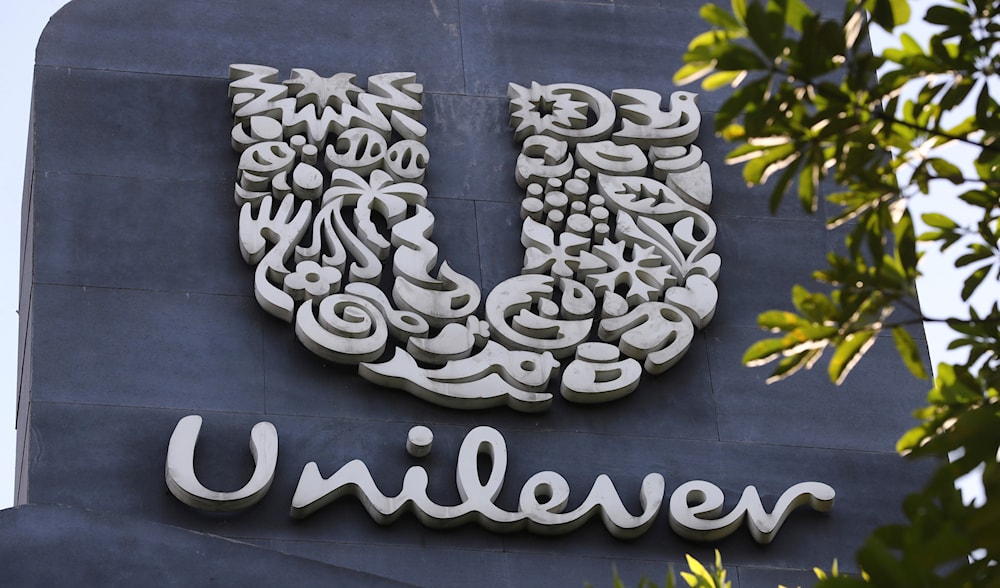The British consumer goods brand aims to save 800 million euros ($870 million) over the next three years.
-
A Unilever logo is displayed outside the head office of PT Unilever Indonesia Tbk. in Tangerang, Indonesia, Tuesday, Nov. 16, 2021. (AP)
British consumer goods giant Unilever will cut 3,200 office jobs in Europe by late 2025 in an overhaul announced in March, a source close to the matter told AFP Friday. The slashes comprise one-third of Unilever’s office-based jobs on the continent, according to the source who confirmed a Financial Times report.
Unilever, which employs about 128,000 people globally, announced earlier this year its plans to create a standalone ice cream company that would cut a total of 7,500 mainly office jobs worldwide.
This comes as an aim to save 800 million euros ($870 million) over the next three years.
A Unilever spokesperson emailed a statement to AFP on Friday, in which he said, “In March, we announced the launch of a comprehensive productivity programme, to drive focus and growth through a leaner and more accountable organisation,” adding, “We are now, over the next few weeks, starting the consultation process with employees who may be impacted by the proposed changes.”
Although the location of the cuts has not yet been decided, FT reported that London and Rotterdam will likely be included.
Read next: Ben & Jerry’s loses bid against Unilever to block sales in West Bank
“We recognise the significant anxiety that these proposals are causing amongst our people,” the spokesperson said, adding, “We are committed to supporting everyone through these changes, as we go through the consultation process.”
The company witnessed a net profit drop of 15% last year to 6.5 billion euros.
Unilever produces Cif surface cleaner and Dove soap, as well as Ben & Jerry’s ice cream and Hellmann’s mayonnaise, among others.
This comes months after the Institute for Public Policy Research (IPPR) warned that 8 million women, younger, and lower-wage workers might lose their jobs to Artificial Intelligence (AI) programs substituting entry-level, part-time, and administrative jobs.

